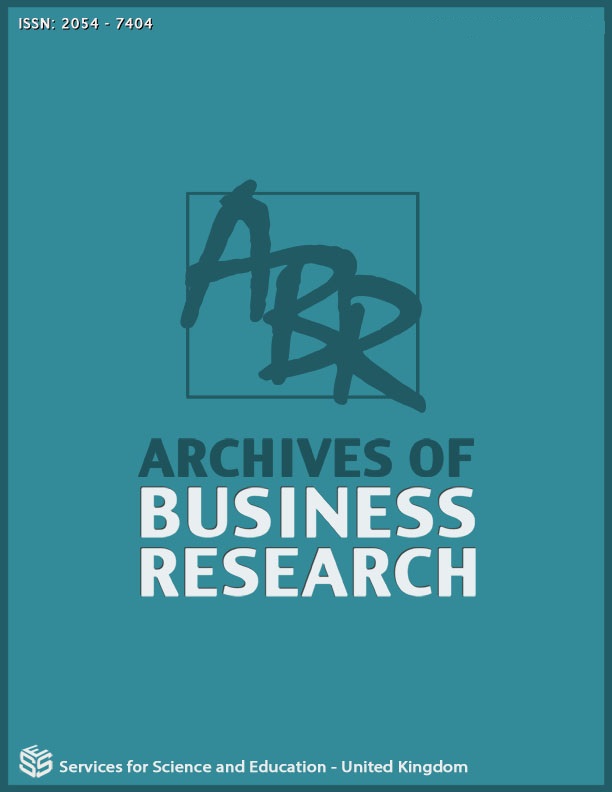Developing the Index of Governance as a Guide in Reducing Poverty and Inequality for the Achievement of Sustainable Development in the Respective County Governments in Kenya
DOI:
https://doi.org/10.14738/abr.106.12583Keywords:
Governance, Service delivery, Accountability, Economic Development, Sustainability, Governance Index, Poverty, InequalityAbstract
Governance encompasses all aspects through which power is exercised through the formal and informal institutions in the management of the available resources in a community. In order to determine the quality of governance there is need to look at the impact that the exercise of power will have on the quality of life that citizens enjoy. In pursued of good governance, supervisory bodies must assess whether the policies and institutions put in place by the state are appropriate in impacting on the sustainable development of the citizens. Although there has not been a quantifiable definition of what good governance, debates on the appropriate role of the state together with appropriate policies and institutions are carried out by relying on information that is not based on facts or careful study. The purpose of this conceptual paper is therefore to look at the available literature on quality governance in conjunction with the legal and institutional frameworks in Kenya to determine what may need to be done to improve public service delivery. The identified key observable aspects of the governance dimensions will then be recommended for consideration in order to provide an enabling environment for the achievement of community sustainability. Further this paper suggests the types of research that will need to be conducted in order to obtain data for use in constructing the index of governance quality for specific county governments in Kenya.
Downloads
Published
How to Cite
Issue
Section
License
Copyright (c) 2022 William Sagini Oribu

This work is licensed under a Creative Commons Attribution 4.0 International License.






